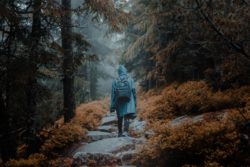Environment group
Contact: u3acenvgroup@gmail.com
The objective of the U3AC Environment Group is to inform and educate members in all aspects of the natural and built environment, meaning factors such as climate change, emissions, water pollution and extraction, energy supply options, and the effects of government policies in environmental matters. We also take an interest in local sustainability issues and provide links via our website on the U3AC website, to local events and information on how people can become involved in Cambridgeshire and surrounding regions.
The Environment group also organises seminars from time to time on major issues with expert external speakers, open to all members of the U3AC.
For more information on the Group email u3acenvgroup@gmail.com or the U3AC Office.
For up-to-date information about environmental problems, from local to global, see the new website of the Environment Group (EG): https://u3aceg.wixsite.com/u3aceg
Reports of previous workshops and seminars
